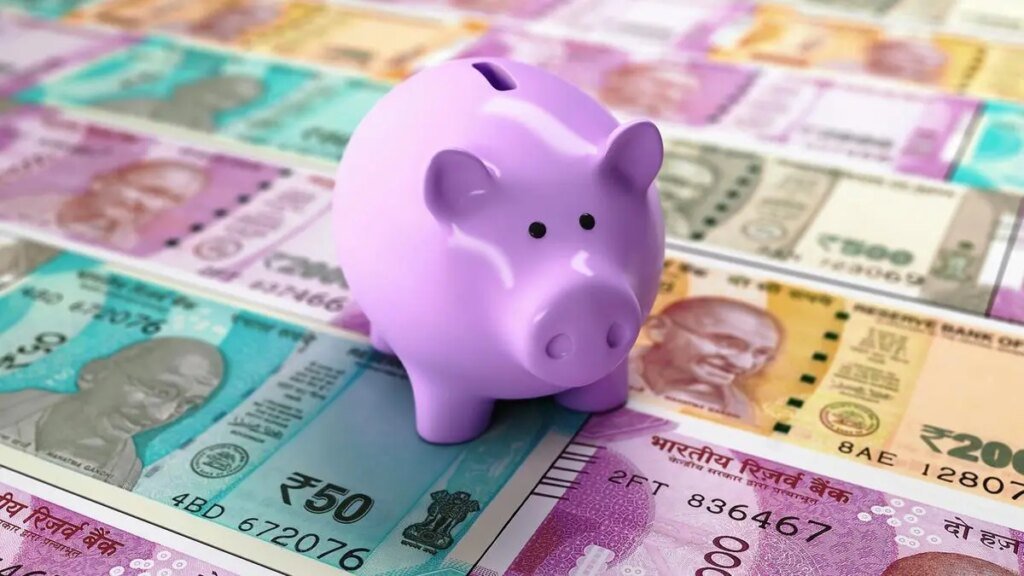Medanta neurologist warns young adults in 20s are at big risk of severe burnout; reveals 6 early signs to watch out for
At the cusp of adulthood, more and more young adults in their 20s are left with no energy. They are facing burnout, which is a state of chronic physical, mental and emotional exhaustion caused by prolonged exposure to stress. It is more than feeling tired. The exhaustion is far deeper and spans every part of life.
ALSO READ: Medanta cardiologist explains how poor gut health can increase your risk of heart disease: ‘Diets that support…’
To understand more about the early adulthood burnout, Dr Saurabh Mehrotra, Director of Neurosciences at Medanta, Gurugram, told HT Lifestyle that burnout is far beyond the ordinary tiredness but a ‘sustained state of stress’ which, if it is not treated, may have harmful repercussions on mental and physical health.
“Burnout, once considered a mid-career problem, is now increasingly affecting people in their early twenties. Many young adults are entering adulthood already feeling mentally drained, emotionally overwhelmed, and physically exhausted,” Dr Mehrotra added.
The neurologist cited findings from a May 2025 study published in The International Journal of Indian Psychology, which reported that Indian youth aged 18–32 experience moderate levels of burnout overall, but those in the younger age brackets (18–22 and 23–27) have significantly higher burnout scores compared to their older peers. Dr Mehrotra emphasised that this is a major crisis, as young adults are facing severe stress right at the beginning of their adult lives.
What are the causes of burnout?
Dr Mehrotra revealed that burnout in young adults happens because of a combination of many factors. The causes are relentless academic and career pressures, the mismatch between expectations and workplace realities, financial strain, constant digital connectivity, global uncertainty, social disconnection, and toxic work cultures with blurred boundaries.
With so much going on, Gen Z feels overstimulated as there is little room for rest or recovery. The pressures are often overlapping and continuous pressure, one after the other or even simultaneously. From competitive academics to early career hustle, young adults are stuck in a breakneck pace that triggers stress and makes them exhausted.
“For Gen Z, especially in countries like India, the collision of financial pressure, toxic work environments, digital overload, social isolation, and mismatched career expectations is creating an urgent mental health challenge,” the neurologist highlighted the major challenges.
While the signs of burnout may be subjective, there are some common, overlapping ones. Dr Mehrotra shared the 6 signs of burnout, along with 6 tips to help manage it:
6 signs of burnout

- Persistent fatigue, even after rest
- Difficulty concentrating
- Irritability or mood swings
- Loss of motivation or interest in activities
- Sleep disturbances
- Physical symptoms such as headaches or digestive issues
6 tips to prevent and manage burnout

1. Prioritise rest and recovery
- Adequate sleep, ideally 7–9 hours a night, is essential.
- Rest must be recognised as a non-negotiable component of productivity and health, not a luxury.
2. Set digital boundaries
- Taking regular breaks from screens, limiting social media, and muting non-essential notifications.
- This helps to reduce mental fatigue and reclaim attention.
3. Maintain physical health
- Consistent exercise, nutritious meals, and hydration are directly linked to better focus, emotional regulation, and resilience under stress.
4. Build supportive relationships
- Human connection is vital.
- Whether it’s through friendships, mentorship, or family, emotionally supportive relationships act as a buffer against burnout and isolation.
5. Seek help early
- Therapy or counselling provides tools to manage stress, build coping skills, and gain perspective.
- Addressing burnout early can prevent more serious mental health conditions down the line.
6. Redefine success
- Success should not be measured solely by productivity, income, or status.
- It must also include mental well-being, personal growth, balance, and fulfilment. Moving away from hustle culture allows room for a healthier, more sustainable path.
Note to readers: This article is for informational purposes only and not a substitute for professional medical advice. Always seek the advice of your doctor with any questions about a medical condition.



